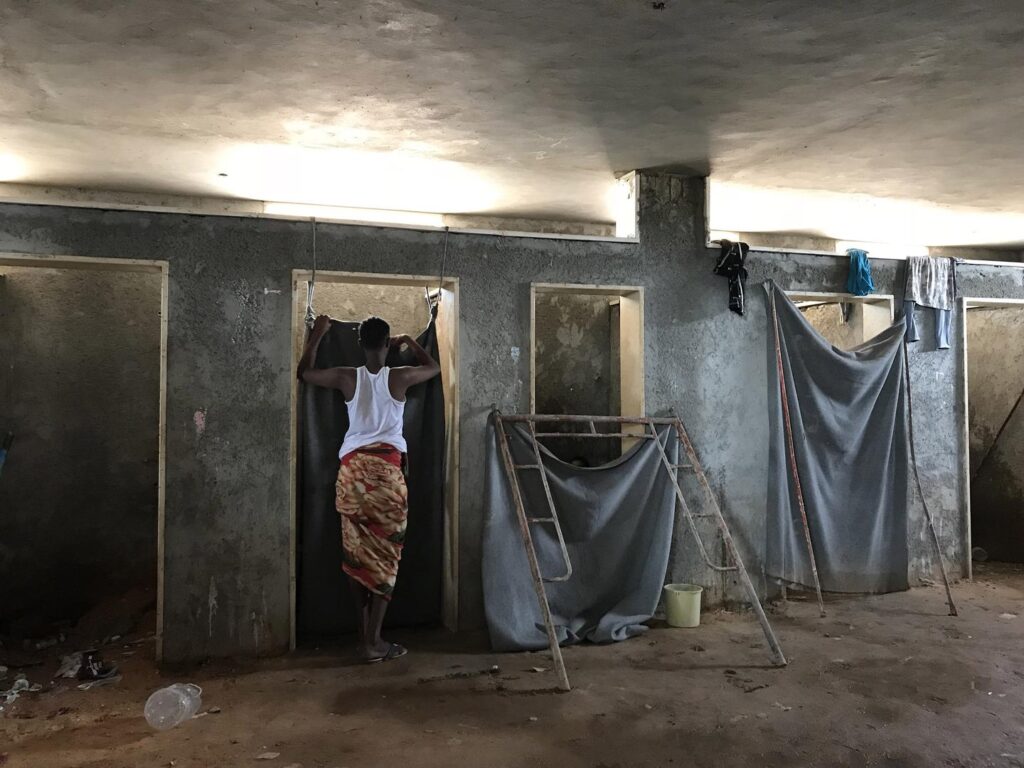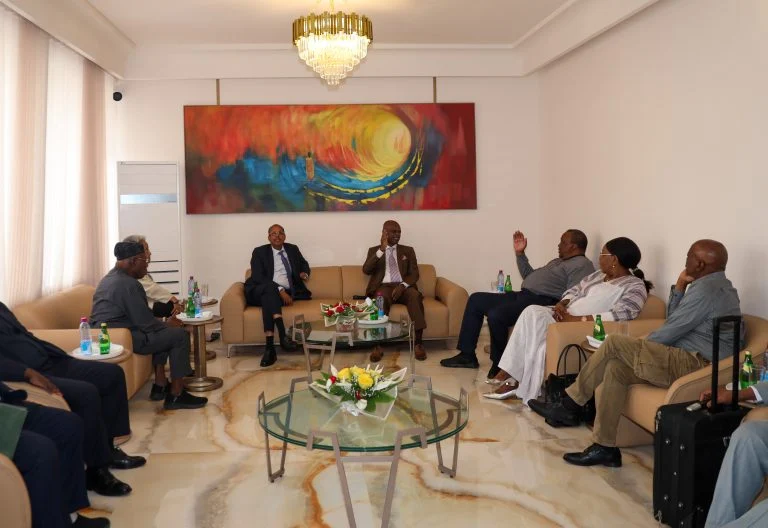
Kenyan President William Ruto proclaimed on Tuesday that the nation was emerging from a state of “debt distress,” underscoring his economic strategies amid public discontent over increased taxes and reduced subsidies as Kenya commemorated its 60th independence anniversary.
The prominent economy in East Africa has grappled with various challenges, including depleted government funds, heightened inflation, and a steep decline in the currency, leading to a surge in debt repayment expenses.
According to Treasury reports, Kenya had amassed over 10.1 trillion shillings ($66 billion) in debt by June, roughly two-thirds of the gross domestic product (GDP).
Addressing a public gathering in Nairobi to honor the country’s independence from British colonial rule, Ruto asserted that Kenya had safely moved beyond the perils of debt distress.
He did not present specific debt figures but highlighted a 5.4 percent growth in the GDP over the last six months.
“We have made the right choices, sometimes taken very difficult and painful decisions, to steer Kenya back from the edge of a catastrophic cliff of debt distress and move our country in a new direction,” he said.
Since his election last year with a promise to alleviate the burdens on ordinary citizens, Ruto has campaigned to reduce public debt and curb what he views as “wasteful” government spending in the nation of approximately 53 million people.
He has also trimmed subsidies on food and fuel, initially introduced by his predecessor, former President Uhuru Kenyatta.
The expenses associated with servicing public debt, primarily to China, have escalated due to Kenya’s currency plummeting to record lows against the US dollar, reaching 153 shillings.
Additionally, the government faces a looming $2-billion eurobond repayment scheduled for June next year.
Independence day festivities, featuring military displays and cultural performances, were held at Uhuru Gardens, a historically significant site where Kenya proclaimed its independence at midnight on December 12, 1963.
This location once served as a detention camp during the British suppression of the 1952-1960 Mau Mau uprising, resulting in the deaths of approximately 10,000 individuals and the detainment of tens of thousands more, many of whom were subjected to executions, torture, and severe beatings without trial.




